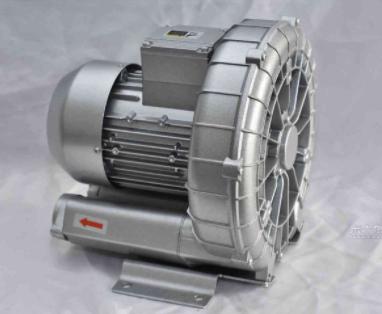Tensile Strength Testing Equipment for Material Durability Assessment and Quality Control
Understanding Tensile Strength Tester Machines A Comprehensive Overview
Tensile strength testing is a fundamental process in materials science, engineering, and manufacturing. This method assesses the ability of a material to withstand axial loads or tension before failure. A tensile strength tester machine is specifically designed to carry out these tests, ensuring that materials meet the necessary standards for strength and durability. This article delves into the intricacies of tensile strength tester machines, their working principles, types, applications, and significance in various industries.
The Importance of Tensile Strength Testing
Tensile strength is a critical property of materials, particularly in construction, automotive, aerospace, and manufacturing sectors. It provides vital information about the material’s ability to handle stress and its performance in real-world applications. For instance, metals, plastics, and composites must undergo tensile testing to ascertain that they can bear the loads they will experience during their lifecycle. The results from these tests help engineers to design safer and more efficient products while adhering to regulatory standards.
How Tensile Strength Tester Machines Work
A tensile strength tester machine operates by subjecting a material sample to a controlled tensile load. The machine pulls the sample until it deforms and ultimately breaks. The key components of these machines include
1. Load Frame A rigid structure that supports the testing apparatus and holds the specimen in place. 2. Grips Devices that securely hold the material samples at both ends during testing. Proper grip is crucial to prevent slippage and ensure accurate results. 3. Load Cell A device that measures the force applied to the sample. It converts mechanical force into an electrical signal that can be quantified. 4. Extensometer An instrument used to measure the elongation of the specimen during testing, allowing for accurate assessment of its ductility. 5. Control Unit This includes software that monitors the test parameters and displays the real-time results, such as stress-strain curves.
During a tensile test, as the machine applies force, data regarding the stress and strain of the material is recorded. This information is then used to determine key parameters, including yield strength, ultimate tensile strength, and elongation at break.
tensile strength tester machine

Types of Tensile Strength Tester Machines
Tensile strength tester machines come in various forms, each suited for specific applications and materials
1. Universal Testing Machines (UTMs) These versatile machines can perform a wide range of tests, including tensile, compression, and bending. They are suitable for testing metals, plastics, and composites. 2. Servo-Controlled Machines These machines allow for precise control over the load and displacement, making them ideal for tests that require high accuracy and repeatability. 3. Portable Testing Machines Lightweight and compact, these machines are designed for field testing, allowing quick assessments of materials on-site. 4. Hydraulic Testing Machines Utilizing hydraulic power, these machines are capable of testing larger specimens and producing higher loads, commonly used in the construction industry.
Applications Across Industries
Tensile strength tester machines are essential in various industries, including
- Construction For assessing the strength of structural materials like concrete, steel bars, and cables. - Automotive For testing metals and polymers used in vehicles to ensure safety and performance standards are met. - Aerospace Vital for evaluating materials that need to withstand extreme conditions and loads during flight. - Manufacturing Used to guarantee that components and products meet the required specifications before they reach the market.
Conclusion
In conclusion, tensile strength tester machines play a pivotal role in the development and quality assurance of materials across multiple industries. By understanding the tensile properties of various materials, engineers can design safer, more efficient products that withstand the rigors of real-world applications. As technology advances, these machines continue to evolve, integrating sophisticated software and automation features that enhance their capabilities and accuracy. The importance of tensile strength testing cannot be overstated, as it ensures not just the integrity of individual components, but also the safety and reliability of the structures and products we rely on every day.
-
Why the Conductor Resistance Constant Temperature Measurement Machine Redefines Precision
NewsJun.20,2025
-
Reliable Testing Starts Here: Why the High Insulation Resistance Measuring Instrument Is a Must-Have
NewsJun.20,2025
-
Flexible Cable Flexing Test Equipment: The Precision Standard for Cable Durability and Performance Testing
NewsJun.20,2025
-
Digital Measurement Projector: Precision Visualization for Modern Manufacturing
NewsJun.20,2025
-
Computer Control Electronic Tensile Tester: Precision and Power for the Modern Metal Industry
NewsJun.20,2025
-
Cable Spark Tester: Your Ultimate Insulation Assurance for Wire and Cable Testing
NewsJun.20,2025
 Copyright © 2025 Hebei Fangyuan Instrument & Equipment Co.,Ltd. All Rights Reserved. Sitemap | Privacy Policy
Copyright © 2025 Hebei Fangyuan Instrument & Equipment Co.,Ltd. All Rights Reserved. Sitemap | Privacy Policy
